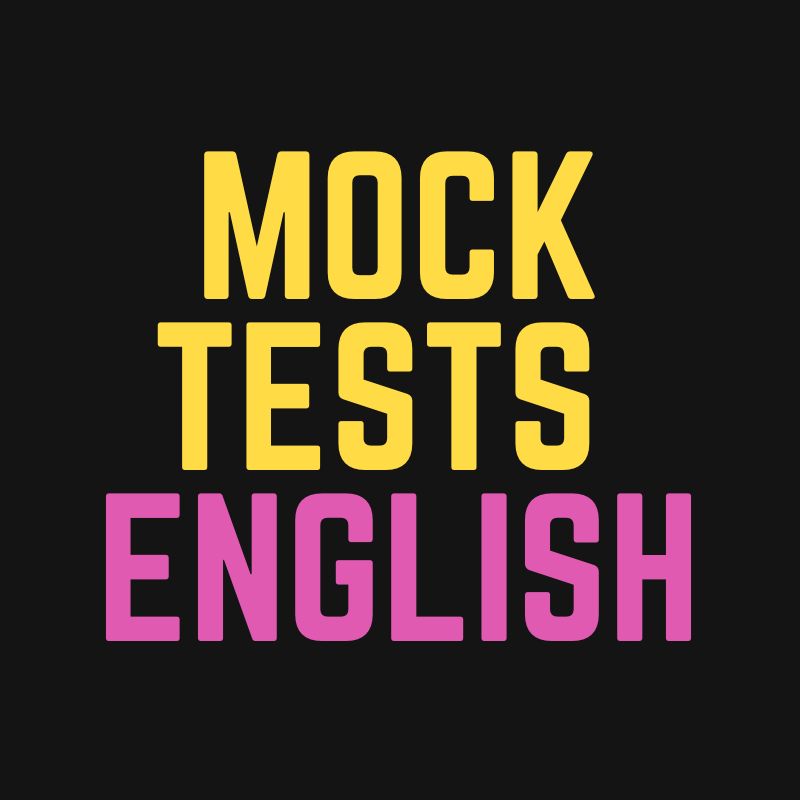Many people believe that printed books are not good in this digital era, because computer can store more information, while others thinks printed books are still playing a significant role. Discuss both views and give your own ideas.
In the digital era, the debate over the relevance of printed books versus digital formats has become more pronounced. While some people argue that printed books are outdated because digital devices can store vast amounts of information, others believe that printed books still hold an important place in society. Both perspectives have their merits, but I believe that printed books continue to offer unique benefits that digital formats cannot fully replace.
On one hand, those in favor of digital formats argue that computers and e-readers offer numerous advantages over traditional printed books. Digital devices can store thousands of books in a single device, making it more convenient and portable for readers to access vast libraries of information. Moreover, digital formats allow for quick searching and indexing, making it easier to find specific information without having to flip through pages. The ability to adjust font sizes, brightness, and even convert text to speech further enhances the accessibility and convenience of digital reading. Additionally, digital media can be updated instantly, ensuring that the information remains current and relevant.
On the other hand, many people believe that printed books still play an essential role in society. For one, printed books offer a tangible, sensory experience that digital devices cannot replicate. The act of holding a physical book, turning its pages, and even smelling the paper can create a stronger emotional connection with the material. Additionally, research has shown that reading from printed books often leads to better retention and comprehension, as readers tend to be less distracted by notifications or the temptation to multitask. Printed books are also cherished as collectibles and have a nostalgic, cultural value that digital formats lack. Furthermore, for individuals without access to technology or reliable internet, printed books remain a vital source of knowledge and entertainment.
In my opinion, while digital formats provide great convenience and efficiency, printed books are irreplaceable in many ways. They offer a unique reading experience that enhances focus and retention, and they continue to hold cultural and emotional significance. In the long term, a balance between both forms of reading—print for deeper engagement and digital for convenience—would likely be the most beneficial approach.
•Digital formats – electronic versions of books, such as e-books or PDFs.
•E-readers – electronic devices specifically designed for reading digital books.
•Tangible experience – a physical, sensory interaction with an object, such as a printed book.
•Portability – the ease of carrying or moving something, such as an e-reader with many books stored on it.
•Retention and comprehension – the ability to remember and understand the material read.
•Nostalgic value – sentimental value related to past experiences or memories.
•Collectibles – items that are valued by collectors, often for their rarity or emotional significance.
•Multitask – to engage in multiple tasks or activities at the same time.
•Cultural value – the importance of an object or practice in terms of cultural heritage or tradition.
•Balance – the act of considering both sides and integrating them in a harmonious way.
